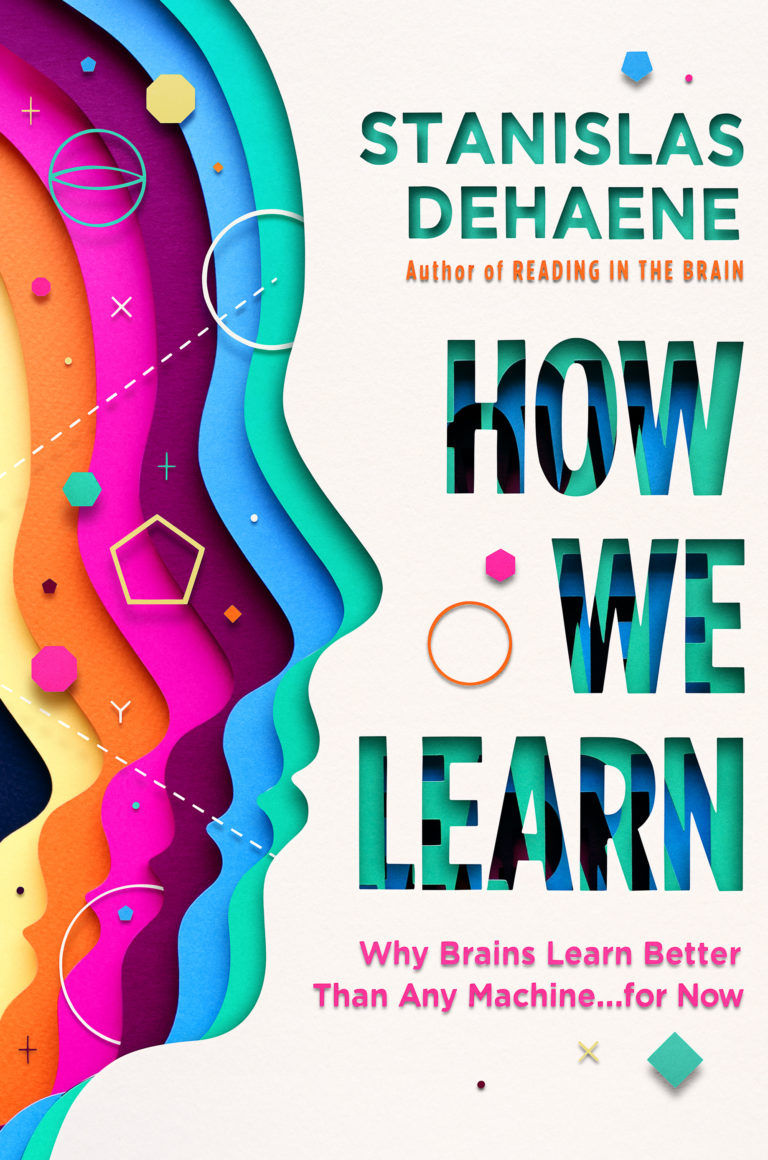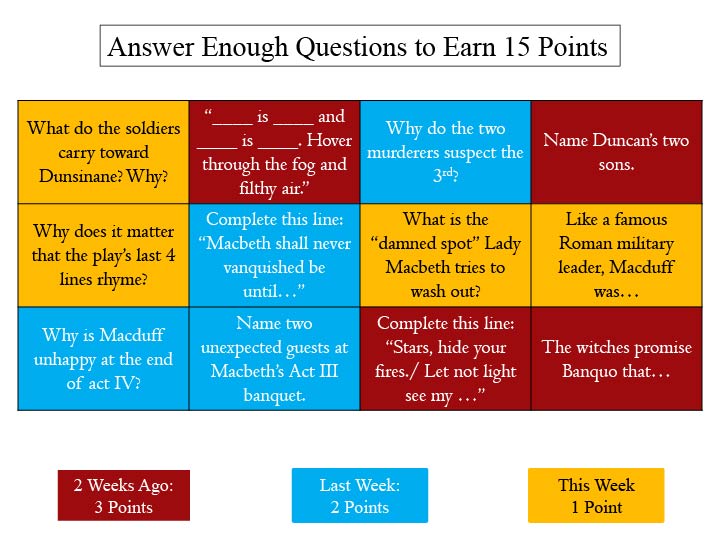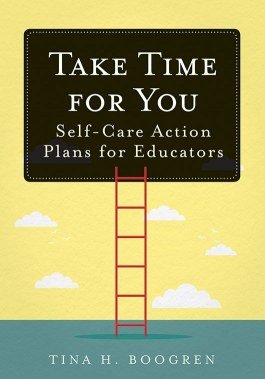Tags
ADHD adolescence attention autism book review boundary conditions classroom advice conference speakers constructivism/direct instruction creativity desirable difficulty development dual coding elementary school embodied cognition emotion evolution exercise experts and novices gender high school homework intelligence long-term memory math methodology middle school mind-wandering mindfulness Mindset motivation neuromyths neuroscience online learning parents psychology reading retrieval practice self-control skepticism sleep STEM stress technology working memoryRecent Comments
- Nerd Alert: Focusing on Definitions |Education & Teacher Conferences on The Goldilocks Map by Andrew Watson
- How to Use Command Terms Effectively in IB Exams - IB | ++tutors on Practical Advice for Students: How to Make Good Flashcards
- How to Reduce Mind-Wandering During Class |Education & Teacher Conferences on Questions, Questions (First of a Series)
- Transforming Notes To Flashcards: Effective Study Techniques For Better Retention - 2024 on Practical Advice for Students: How to Make Good Flashcards
- Homepage on The Limitations of Retrieval Practice (Yes, You Read That Right)
ABOUT THE BLOG

Today’s Humble Pie: 206 Bones
I was wrong. Somewhere, teachers really do write down long lists of words to be copied. Trust me: that’s not what “direct instruction means.” At all. Continue reading

Is it Better to be a “Natural” or a “Striver”?
Research with musicians suggests that — although we say we prefer hard work — our value judgments end up rewarding perceived talent. Continue reading
Posted in L&B Blog
Leave a comment

“How We Learn”: Wise Teaching Guidance from a Really Brainy...
How We Learn, by Stanislas Dehaene, offers a rich and fascinating look at human brains, their ways of learning, and the best ways to teach them. Continue reading
Posted in Book Reviews, L&B Blog
Tagged attention, classroom advice, neuroscience, parents
3 Comments

Whose Online Teaching Advice Do You Trust?
Paradoxically, the right amount of self-doubt should inspire in readers a greater sense of trust. Continue reading

I’m Curious: Does Curiosity Promote Learning?
Does curiosity promote learning? New research offers a surprising, complex, and subtle answer to that question. Continue reading

Retrieval Grids: The Good, the Bad, and the Potential Solutions
“Retrieval grids” promote retrieval practice — that’s good! But they might lead to working-memory overload — that’s really bad. Happily, we might be able to solve this problem… Continue reading

Take Time for You: Self-Care Action Plans for Educators by...
Teaching is an emotionally and cognitively demanding job, a fact that the public does not…
Posted in Book Reviews
Leave a comment

Should Students Exercise DURING Learning? A Twitter Debate Rages…
Does exercise DURING learning help students? Twitter knows the answer to the question quite confidently. Research on the topic, however, invites us to be both cautious and optimistic. Continue reading

Home News: Rememebring Bruce McEwen
I first heard Dr. Bruce McEwen talk about the neurobiology of stress in 2010. He…

An Unexpected Strategy to Manage Student Stress
We might be inclined to reassure our anxious students, and advise them to “remain calm.” This research, however, suggests a surprising alternative. Continue reading
